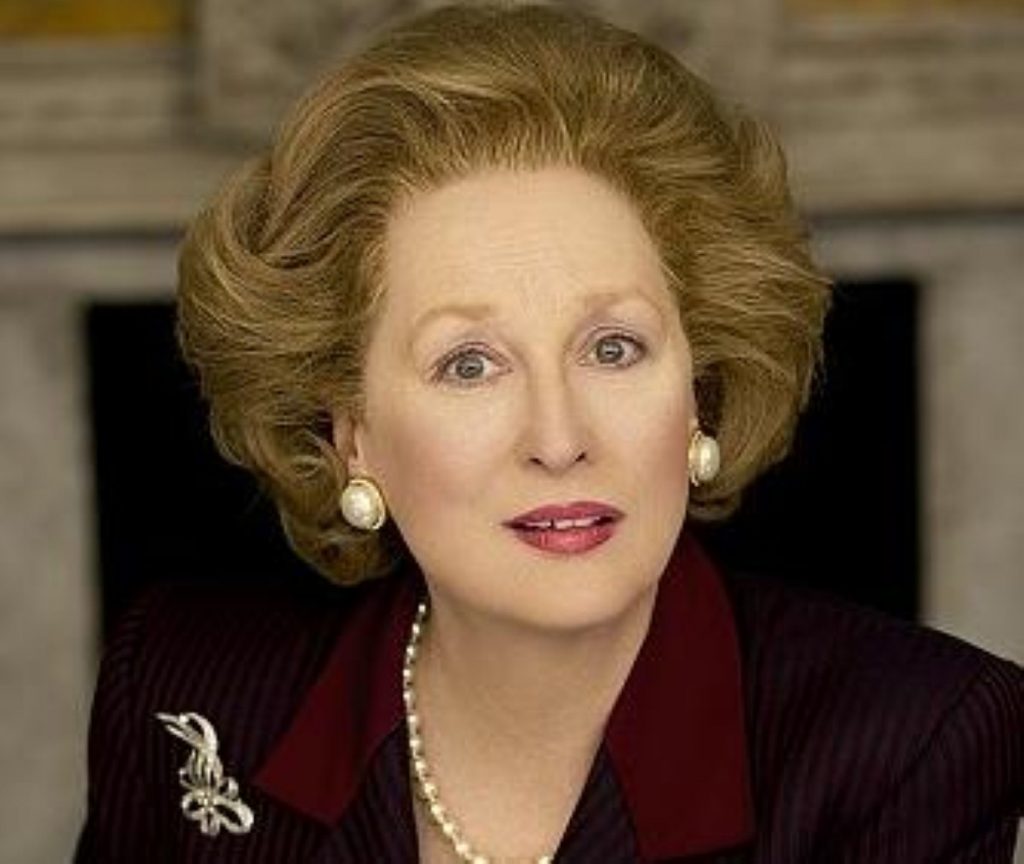How to win an election: Have a lower voice
Candidates with lower voices tend to be preferred by male and female voters, new research suggests.
The experiment, published in the Public Library of Science journal, found men and women preferred female candidates with lower, more masculine tones.
When it came to male candidates, men still preferred a deeper voice, but women no longer discriminated.
The research seems to validate Margaret Thatcher's decision to have elocution lessons to make her voice less 'screechy' as she tried to become prime minister.


Tellingly, voters' preference for more masculine tones seemed to extend to what are typically seen as feminine leadership roles, such as the president of a parent-teachers organisation and membership of a school board.
Researchers asked volunteers to listen to pairs of candidates with different tones of voice saying the same phrase – "I urge you to vote for me this November".
This is not the first study of politicians' voices to be published this year. Analysis from US-based academics released in March also found a low voice helps improve politicians' chances of winning elections.












